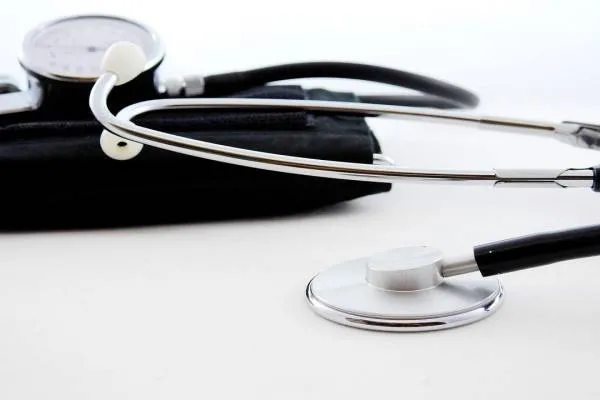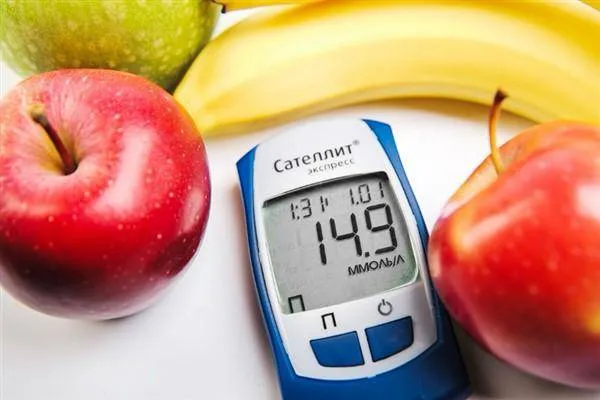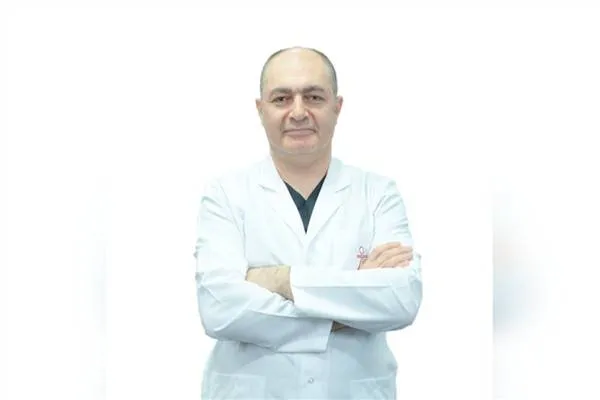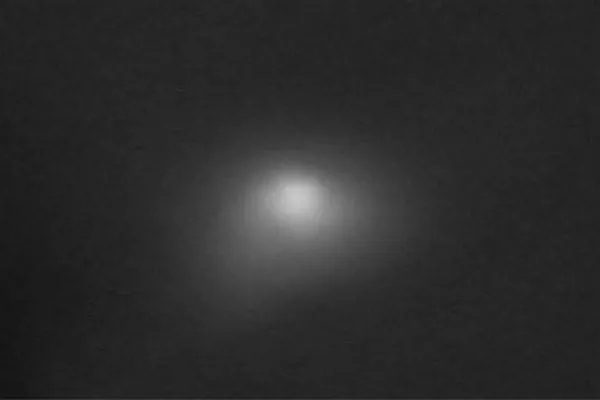Regular Follow-up Necessary for Fibrocystic Changes
Dr. Emel Özveri, General Surgeon at Acıbadem Kozyatağı Hospital, emphasized the importance of regular check-ups for fibrocystic changes and explained fibrocystic changes.
Dr. Emel Özveri pointed out that fibrocysts are not actually a disease but are defined as changes in the breast. She stated, "Due to the influence of estrogen and progesterone, there is an increase and development of milk-producing cells from the beginning of the menstrual cycle. If pregnancy does not occur, the increased cells are broken down, and during the repair of these cells, damage, or in other words, fibrosis can occur. At the same time, the milk glands in the breast produce fluid. Due to changes in the milk ducts, fluid-filled cysts, called cysts, can form.".
The most typical symptom is breast pain
Dr. Emel Özveri emphasized that breast pain is the most common complaint in fibrocystic changes, saying, "The pain especially begins in the second half of the menstrual cycle and decreases during menstruation. The reason for the pain is the hormonal changes in the body during menstruation. The pain intensifies along with fullness due to fluid accumulation in the breast." she said.
General Surgeon Dr. Emel Özveri highlighted that another important symptom of fibrocystic changes in the breast is a palpable lump, and continued as follows:
"These lumps are soft and of low density due to their fluid filling. Typically, density increases in the breast before the period, and hardness occurs when palpated. If this hardness does not disappear after the end of the period, it is necessary to consult a doctor. Because this symptom can be a sign of fibrocystic changes in the breast and may also indicate a malignant tumor.".
Dr. Emel Özveri stated that fibrocystic structures are usually millimeters in size but can reach a size of 6-7 cm. Fibrocystic changes do not pose a risk for breast cancer. However, in addition to causing pain, they can also affect the quality of radiological images such as mammography, which are used for diagnosis. Therefore, in these patients, it may be necessary to resort to imaging methods such as breast MRI (Magnetic Resonance Imaging) and needle biopsy for differential diagnosis." she said.
British News Agency
















